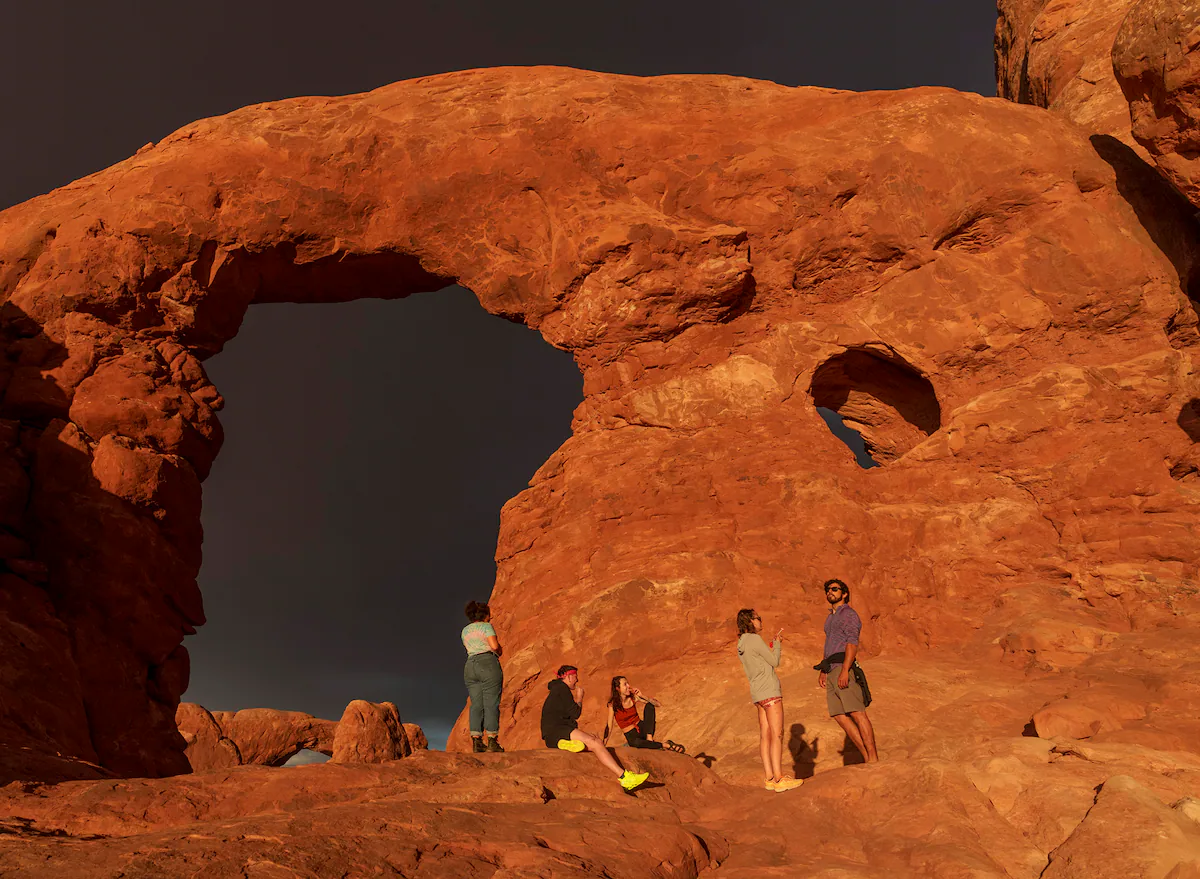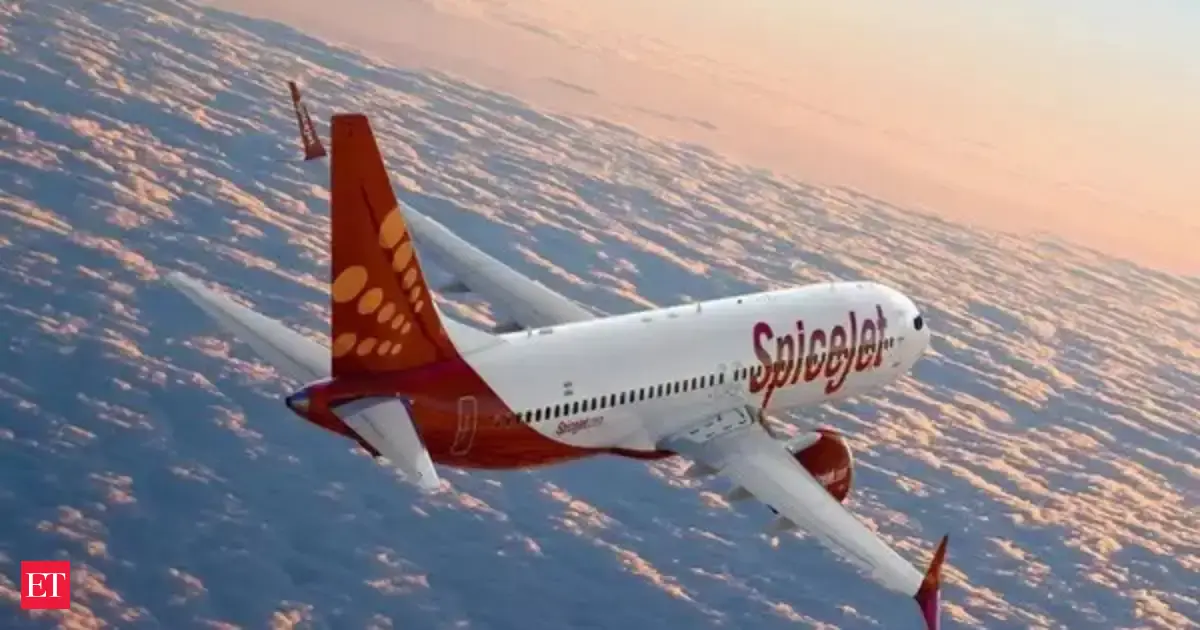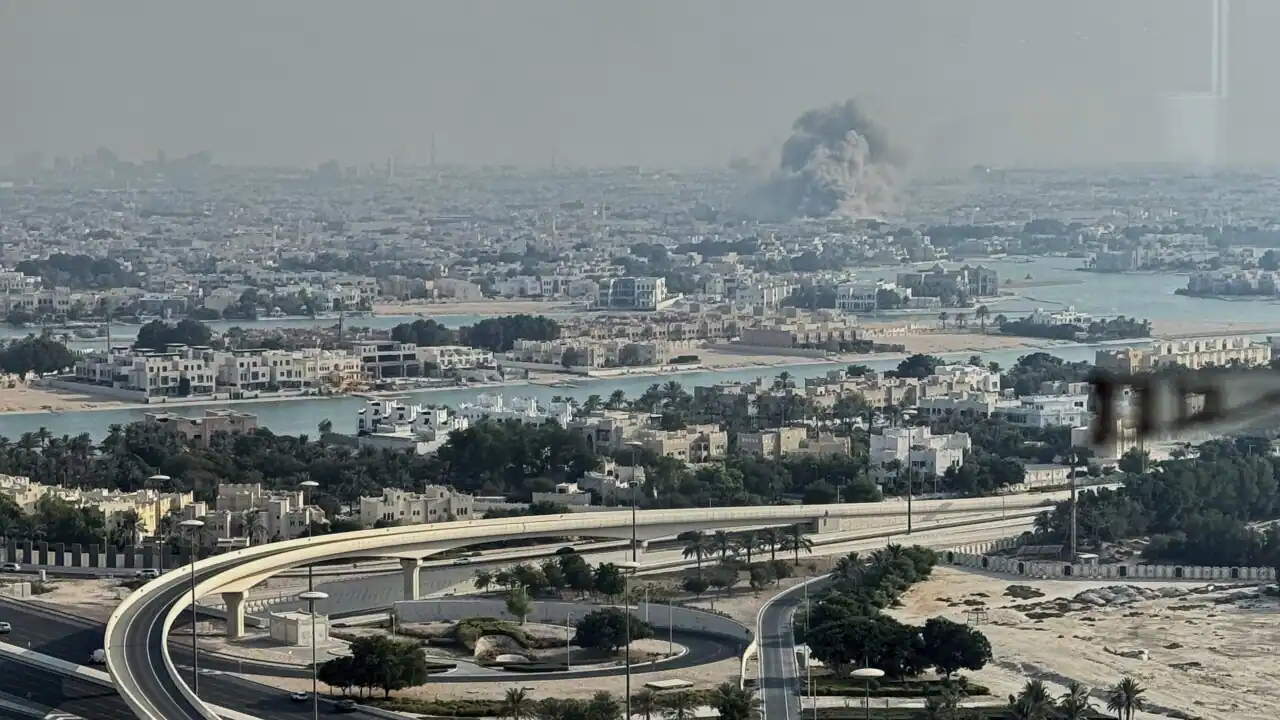
As businesses gear up for tourism to ramp up this fall, those focused on recreation are seeing fewer reservations — sounding the alarm bells that the slower summer season wasn’t just an anomaly this year.
Representatives from the Utah Office of Tourism at the Moab Chamber of Commerce’s monthly luncheon on Sept. 16 outlined obstacles the country is facing in regards to international tourists visiting the state.
Geopolitical friction has spiked since President Donald Trump took office, with representatives pointing to high-security border patrol and immigration enforcement, creating uncertainty for travel to the U.S.
Global Markets Director Rachel Bremer said that because of negative sentiment circulating on social media, a journalist from the United Kingdom is concerned about traveling to the country to promote the Beehive State internationally.
“She’s a very reputable journalist, writes for top publications in the U.K., and she was quite concerned about coming back to the U.S. this time,” Bremer said. “Not because she wouldn’t be allowed to enter, but because we know that the media has kind of hyped up this storyline of making it difficult to come into the country, and that is deterring some people from coming or doing some work with us.”
Bremer noted that it can take up to a year for potential visitors from Mexico and India to obtain their visas.
While the state office of tourism is working on making the country more accessible to international tourists — a key tourism demographic that brings billions of dollars to the U.S. — the Trump Administration is narrowing that accessibility.
The administration has placed numerous tariffs on countries the U.S. relies on for goods, creating a global trade war.
Along with visa wait times, foreigners are now required to spend even more money during the process, such as a $250 visa integrity fee, while some foreigners are required to pay up to $15,000, depending on which country they’re visiting from.
Steve Markle, Oars vice president of sales and marketing, told The Times-Independent bookings are down 8% this year, with 2% attributed to the decline in international visitors during the summer.
“Unfortunately, our guest numbers are down a bit compared to 2024, which is discouraging, but it’s a little bit of a mixed bag,” Markle said.
Recreational trends
According to the state office of tourism, increased costs are contributing to foreigners staying away. The cost for flights, hotels, rental cars and other expenses has increased, with inflation rising to 3.3% in August.
Moab Cyclery Co-owner David Glover said the bike industry is being hit “especially hard” with tariffs. Glover has seen prices spike upwards to 30%.
“I do all of our ordering, and I see every time I do a different order, the prices [have] gone up again,” Glover said. “Those prices get passed on to us, and prices get passed on to customers. I think people aren’t buying as much or spending as much, or getting as much for their money.”
The World Travel and Tourism Council projected the U.S. would lose $12.5 billion in foreign visitor spending this year — the only country expected to see a decrease. Utah is forecasted to lose roughly $46.5 million in international spending, according to Tourism Economics.
Glover saw a 50% decrease in foreign visitors during the summer. “I would say we [served] 75% European tourists in the past, and this year, it’s probably been maybe 25%.”
Markle and Glover both noticed domestic tourists aren’t booking reservations in advance anymore. Instead, American visitors are waiting last minute to book their trips — and they’re shopping around more before committing to a reservation.
“Historically, I would say our average lead time was about 120 days, so four months prior would be about when people book their trip,” Markle said. “And I don’t have numbers on that yet for this year, but my suspicion is that that window has gotten much smaller.”
Glover added many visitors inquire about pricing with tax before making the commitment.
“They will want to leave and think about it before coming back and committing to it, and some don’t come back,” Glover said.
City Councilor Jason Taylor, who also owns Canyonlands Jeep and Car Rentals, has seen similar trends where visitors are booking the day before rather than in advance.
“People who used to come to Moab and do two or three trips with us are now coming in and doing one trip with us,” Taylor said. “And they’re booking it the day before.”
At the Moab Tourism Advisory Board meeting on Sept. 9, Taylor said his business is working hard to stay flat in revenue. Chair Lori McFarland, who owns High Point Hummer, reported her business is below flat this year.
McFarland did not respond to multiple requests for comment from The Times-Independent.
The short-term leasing tax, which collects taxes from rental vehicles, has declined for six consecutive months compared to last year. In 2024, Grand County collected about $85,700 in short-term leasing tax revenue as of June. Grand County has garnered roughly $75,600 so far this year, creating nearly a $10,000 deficit — which is on par with Taylor’s business staying flat and McFarland down in revenue.
How businesses are adjusting
Similar to Markle and Glover, Taylor said the pre-bookings “aren’t there.”
“It’s incredibly stressful because we’re trying to plan for the fall. We’re trying to plan for winter. We’re trying to schedule our employees,” Taylor said. “You try to schedule an employee two weeks out … and then that comes up, there’s no business, and you’re either sending people home [or] you’re paying for wages when you’re not busy.”
Taylor also noted there aren’t as many international visitors this year compared to prior years.
Tourism Economics reported an 8.2% decline in international visitors for August. Taylor added that although July and August are historically slower months for Moab, the lull felt longer this year.
Like Glover, Taylor said tariffs are driving up his costs, and he may have to absorb some of the inflation himself.
Taylor, who also manages Western River Expeditions, said he’s seen gear and parts increase by as much as 20%. But with next year’s prices already set, he can’t adjust rates to reflect those costs.
“We’ll go over our budgets and see where we can trim to make up for it,” Taylor said. “We have a vehicle schedule where we replace our vehicles to keep them nice and in good shape … we’ll probably put that off for a year and see what happens.”
To offset the tariffs, Western River Expeditions will also not receive any new boats for next year.
The justification for tariffs, according to the Trump administration, is that Americans will start buying goods strictly produced in the U.S. and that manufacturers will start building plants and other facilities in the country, but the raw materials, such as the fabric, are made in other countries. Taylor said most of his business is done with American companies, but they source much of their material from overseas.
Markle noted the rate of cancellations has also gone up this year. Organizations that help bring visitors to Moab have also had to cancel trips because of low bookings. He suspects economic uncertainty is keeping some tourists away.
“I think just the general uncertainty in the economy is resulting in fewer people booking and or waiting later to make their booking decisions about travel,” Markle said.
The future of tourism in Utah
According to the Utah Office of Tourism, the average spend of an international visitor is $1,205, which is 40% more than the average domestic visitor. Utah also ranks fourth in visitor spending compared to other states.
The Utah Office of Tourism is working to establish nonstop flights from 1o Asian countries to Salt Lake City.
“This new rebuild is giving us access to so many international flights we’ve never had in the state,” Bremer said. “We’re really becoming this kind of crossroads of the West.”
Bremer, of Global Markets, said the tourism office is already looking at transatlantic flights for Europe, with additional flights from South America, and the Asia Pacific, potentially opening a door to Australia and Fiji.
“Visitors can bypass going through LAX and just come straight to Utah and that means they’ll spend more time with us, too,” Bremer said.
Bremer also noted global events taking place in the U.S., such as the FIFA World Cup in 2026, the Route 66 100th Anniversary, and the America 250 Celebration. Los Angeles is hosting the Summer Olympics in 2028, with Salt Lake City hosting the Winter Olympics in 2034.



